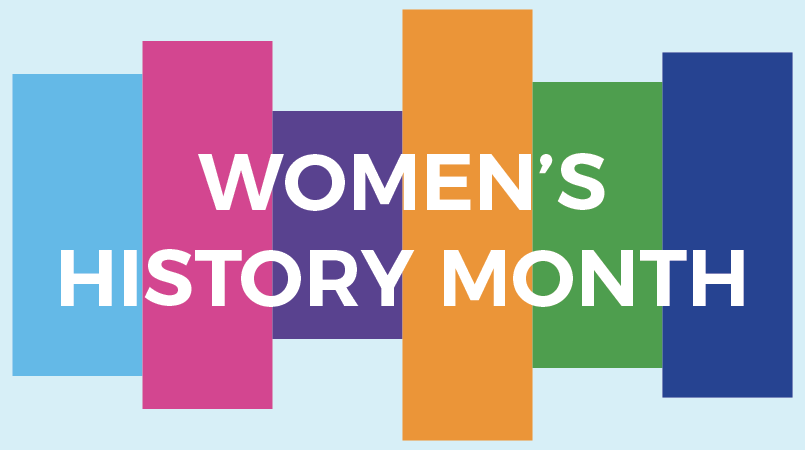Women have helped shape the society we live in today, using the most powerful tool available: Education. The 19th century saw a shift in perspective about women, which opened educational opportunities for women and girls in various levels of education. In the 1800s, they began to play key roles in education. This paved the way for more women to foray into various levels of education as learners first and then as educators. These influential female educators who changed the world not just for women, but society as a whole.
Read on to learn about some of the most important and famous women in education.
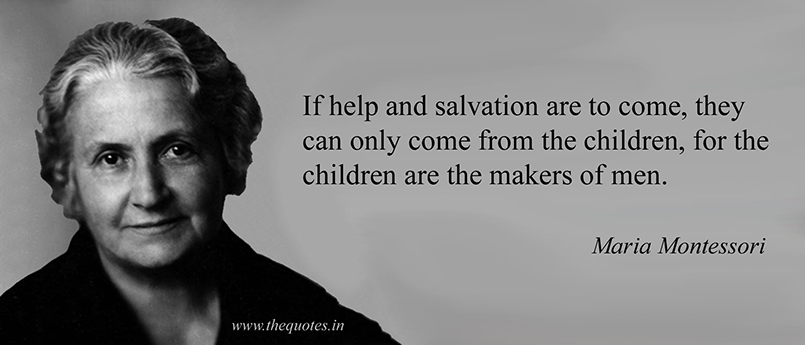
Maria Montessori (1870 – 1952)
Maria Tecla Artemesia Montessori was an Italian physician and educator best known for the philosophy of education that bears her name, Montessori, and her study of scientific pedagogy. Her educational method is in use today in some public and private schools throughout the world. These institutions are known as Montessori schools and specialize in using Maria Montessori’s methods of teaching during the early learning stages of a child. The now-famous Montessori Approach is a system for teaching young children in which the fundamental aim is self-motivated education by the children themselves; they are encouraged to move freely through individualized instruction and physical exercises, accompanied by a special emphasis on the training of the senses and the early development of reading and writing skills.
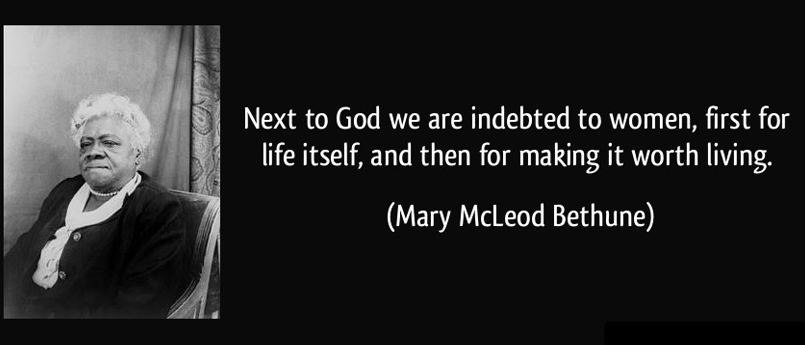
Mary Jane McLeod Bethune (1875 – 1955)
Mary Jane McLeod Bethune was an American educator and stateswoman. Apart from that, she was a philanthropist, humanitarian and civil rights activist, best known for starting a private school for African-American students in Daytona Beach, Florida. She attracted the attention of many people who contributed with time and money, which enabled the development of the academic school as a college. It later continued to develop as the Bethune-Cookman University. She also was appointed as a national adviser to President Franklin D. Roosevelt as part of what was known as his Black Cabinet. She was known as “The First Lady of The Struggle” because of her commitment to gain better lives for African Americans.
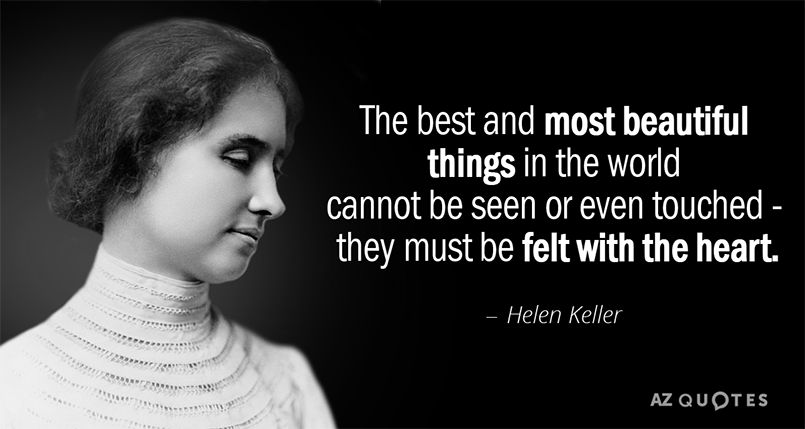
Helen Keller (1880 – 1968)
American educator Helen Keller overcame the adversity of being blind and deaf to become one of the 20th century’s leading humanitarians. In 1915, along with renowned city planner George Kessler, she co-founded Helen Keller International, to combat the causes and consequences of blindness and malnutrition. In 1920, she helped found the American Civil Liberties Union. Nearly 100 years old, the American Civil Liberties Union (ACLU) is a nonpartisan, non-profit organization whose stated mission is “to defend and preserve the individual rights and liberties guaranteed to every person in this country by the Constitution and laws of the United States.” In her life, Keller mastered many methods of communication, including touch-lip reading, Braille, speech, typing, sign language, and finger-spelling.
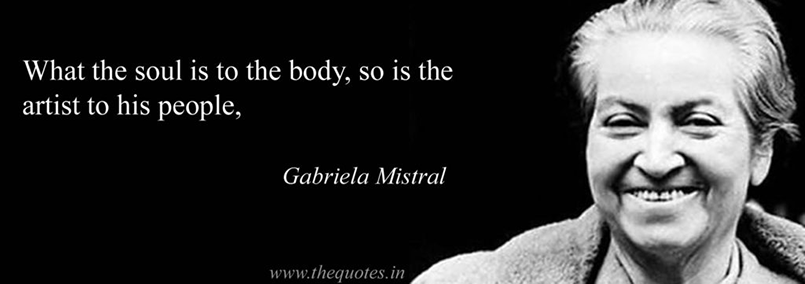
Gabriela Mistral (1889 – 1957)
This was the pseudonym of Lucila Godoy Alcayaga, a Chilean poet-diplomat, educator, and feminist. She was the first Latin American to receive the Nobel Prize in Literature, which she did in 1945 for her lyric poetry that was inspired by her vision and emotion. Her poetry made her the symbol of the struggle the Latin American world underwent to reach their idealistic aspirations.
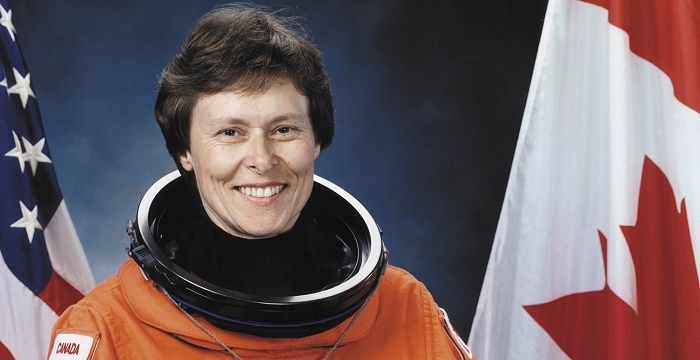
Roberta Bondar
Roberta Bondar is Canada’s first female astronaut and the first neurologist in space. Following more than a decade as NASA’s head of space medicine, she became a consultant and speaker in the communities of business, science, and medicine. She has received many honors including the Order of Canada, the Order of Ontario, the NASA Space Medal, over 22 honorary degrees and induction into the Canadian Medical Hall of Fame.
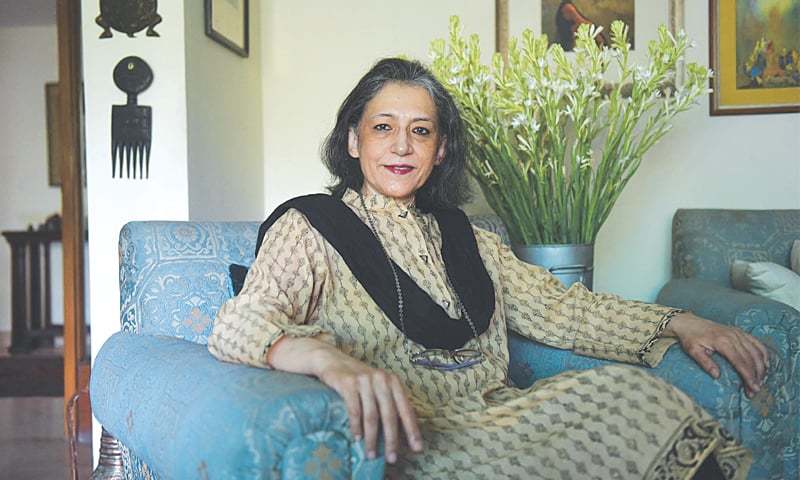
Dr. Ayesha Jalal
Ayesha Jalal is a Pakistani-American historian who serves as the Mary Richardson Professor of History at Tufts University and was the recipient of the 1998 MacArthur Fellow. (Once a year, the John D. and Catherine T. MacArthur Foundation announces its roster of MacArthur Fellows, a designation frequently referred to as the “Genius Grant.”) Born in Lahore, she studied at Wellesley College before moving to Trinity College, Cambridge, where she received her doctorate in 1983. She worked in Cambridge and later as a Leverhulme Fellow. She moved to Washington, D.C. in 1985, to work as a fellow at the Woodrow Wilson Center and later moved as an academy scholar at the Harvard Academy. In 1999, she joined Tufts University as a tenured professor. The bulk of her work deals with the creation of Muslim identities in modern South Asia.
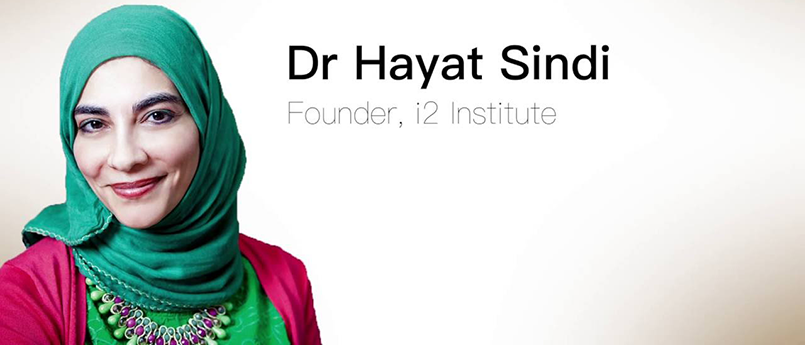
Dr. Hayat Sindi
This medical scientist was the first Saudi woman to be accepted at Cambridge University in the field of biotechnology, and the first woman from any of the Arab States of the Persian Gulf to complete a doctoral degree in the field. As one of the first female members of the Consultative Assembly of Saudi Arabia, she is the co-founder of Diagnostics For All, an NGO that works to provide medical care in remote and impoverished areas. According to her, “a true scientist should focus on affordable simple solutions to reach everyone in the world.” She has been appointed as a UNESCO goodwill ambassador due to her work in promoting education, specifically for girls in the Middle East.
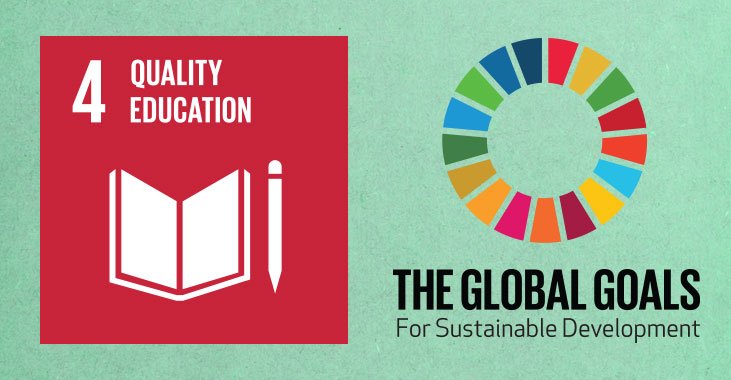 Cudoo supports United Nations Global Goals #4 for Quality Education: Ensure inclusive and equitable quality education and promote lifelong learning opportunities for all.
Cudoo supports United Nations Global Goals #4 for Quality Education: Ensure inclusive and equitable quality education and promote lifelong learning opportunities for all.
Andrie Steliou
Latest posts by Andrie Steliou (see all)
- 8 Ways to Help Keep Your Child Focused and Engaged in Online Learning - October 19, 2022
- How to Improve Social Intelligence Skills? - May 10, 2022
- How to Improve Organizational Skills at Workplace? - May 6, 2022

